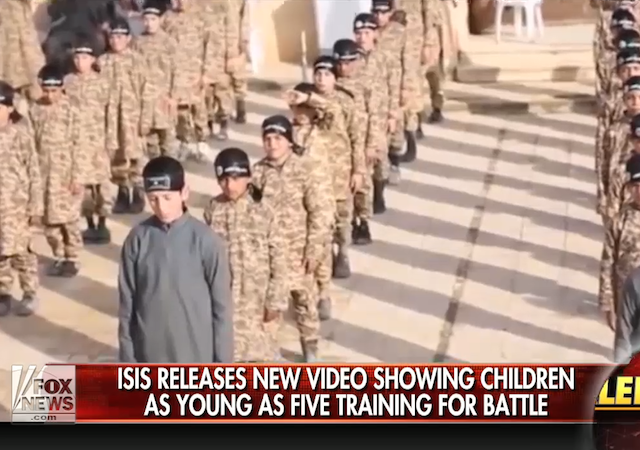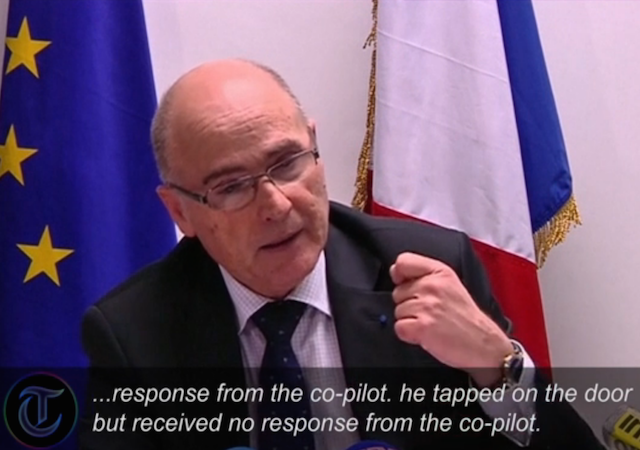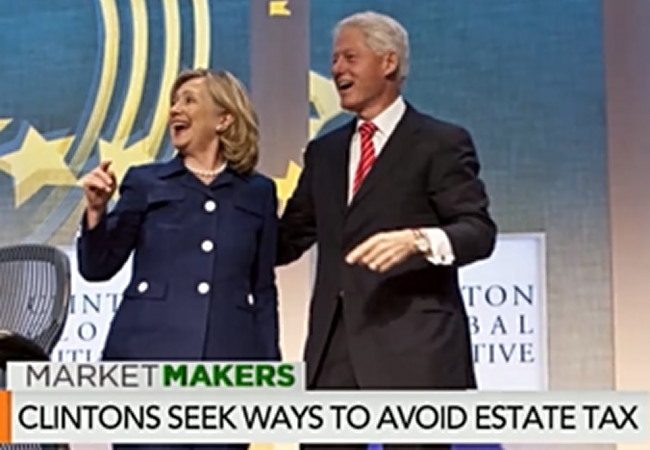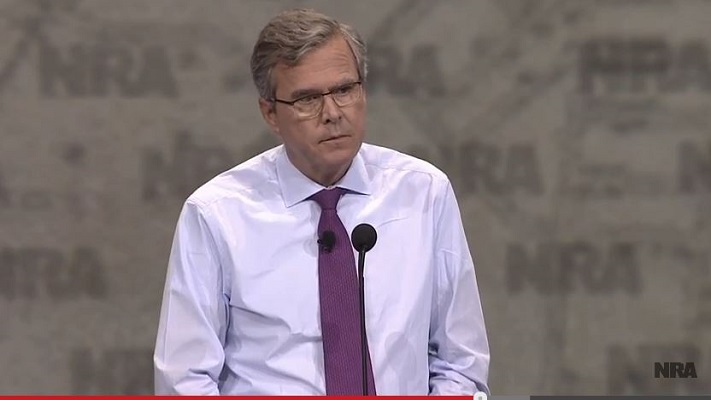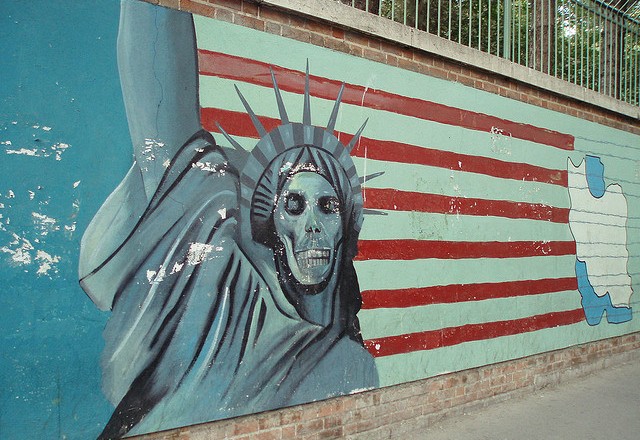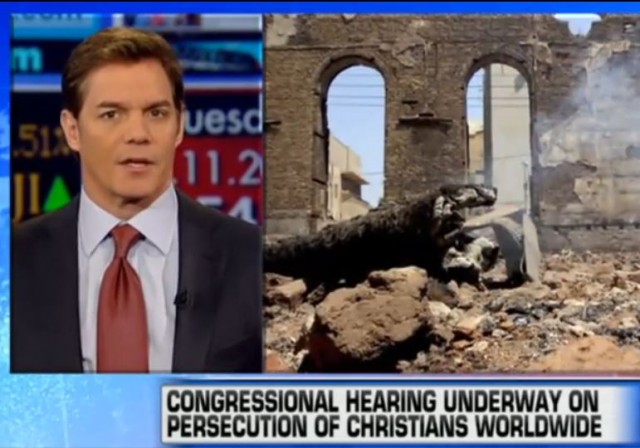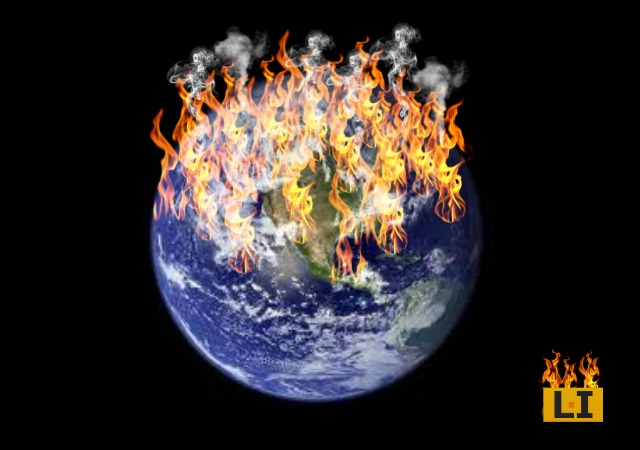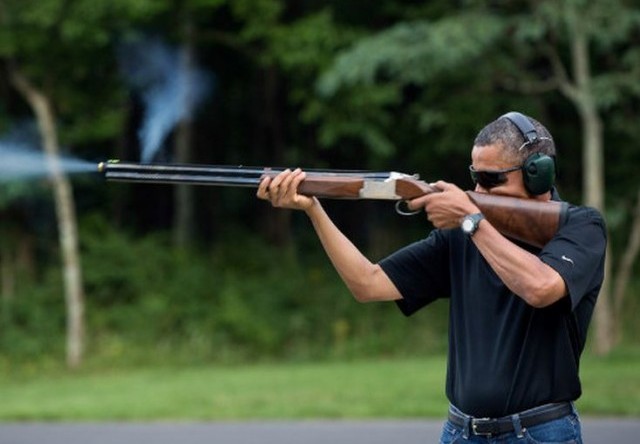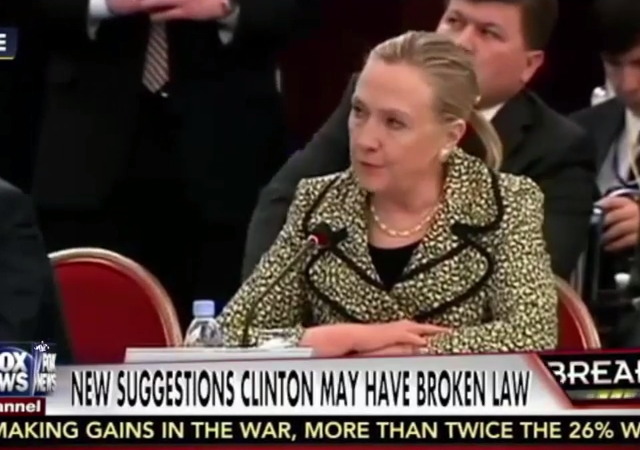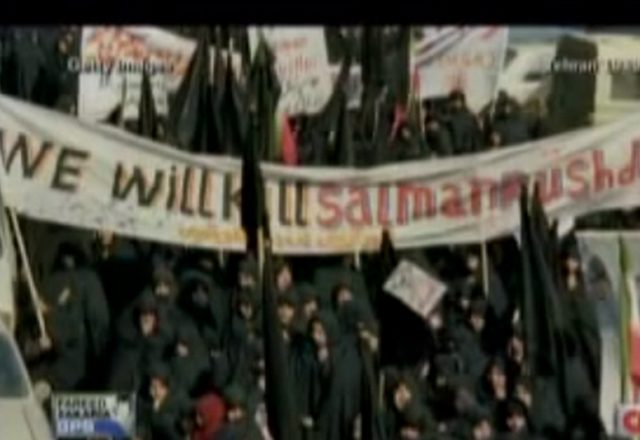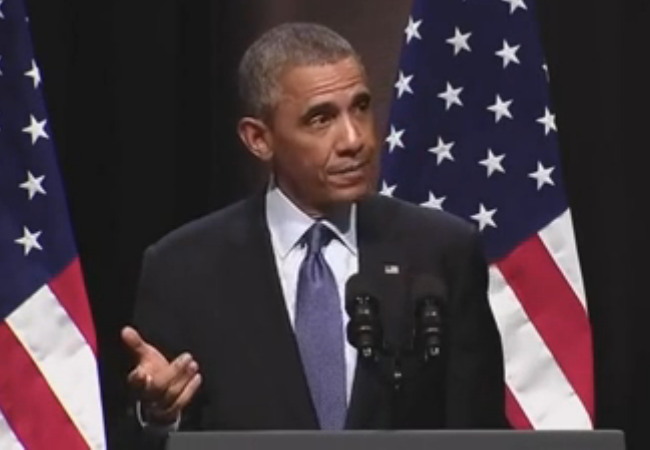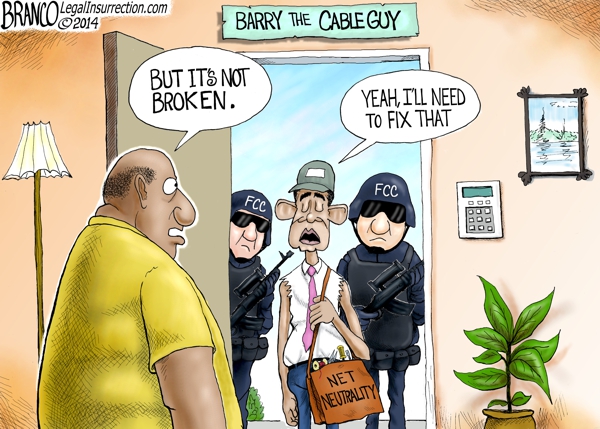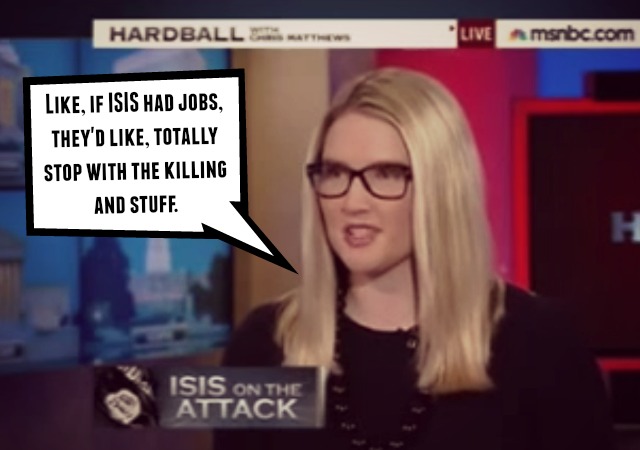Learning about apocalyptic jihad
on May 17, 2015
12 Comments
On the first weekend in May I attended a conference held in Boston entitled "GenerationCaliphate: Apocalyptic Hopes, Millennial Dreams and Global Jihad."
The conference was organized by Richard Landes, millennial scholar, inventor of the term "Pallywood," blogger at The Augean Stables, exposer of the suspect nature of the claims about al Durah's death, author of the book Heaven on Earth, brilliant and original thinker, and a person I'm glad to call my friend.
One of the strongest impressions I got from the conference is how many people there are who have dedicated their lives to studying the history of Islam and Islamic thought and how much information they have gleaned about how that thought informs the motives and expectations of modern terrorists. Many non-experts tend to think of terrorists as more grounded in the present than they apparently are, to minimize what seem to be their wild fantasies about the end of the world, and to fail to appreciate how very much those apocalyptic dreams are informed by Islam and its history.
Something else that struck me about the conference was how it illustrated that although many of us tend to think everyone fighting terrorism is on the right, there are some people on the left who are very concerned about terrorism and take it very seriously, but that there are some rather large rifts between those of the right and left who share this common cause and common interest in combating terrorism.
There were too many erudite and engrossing speakers at the conference to describe each one, but some highlights (in addition to the aforementioned Richard Landes) were, in no particular order:

